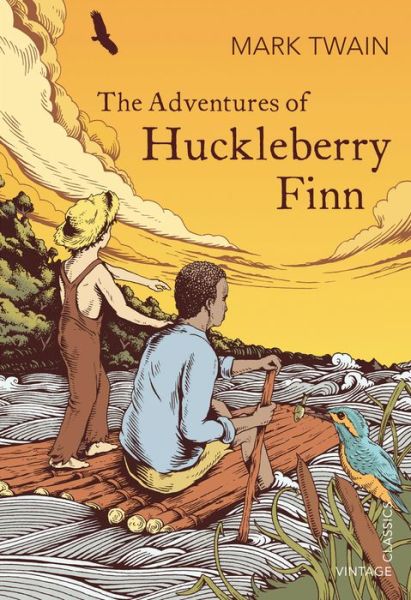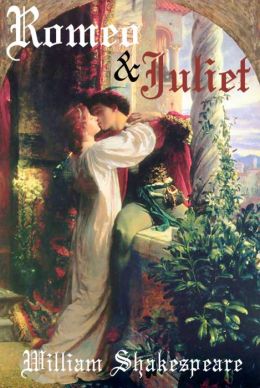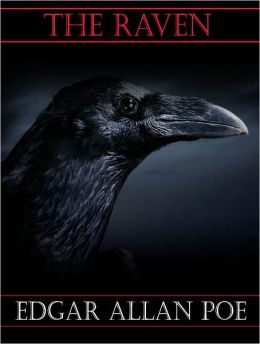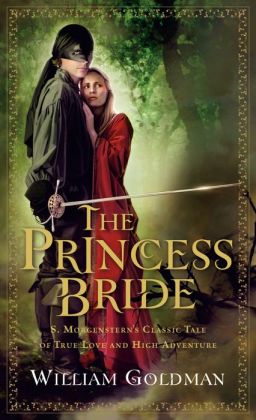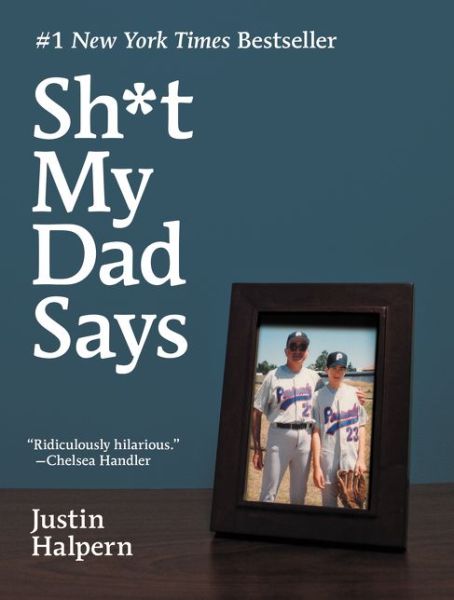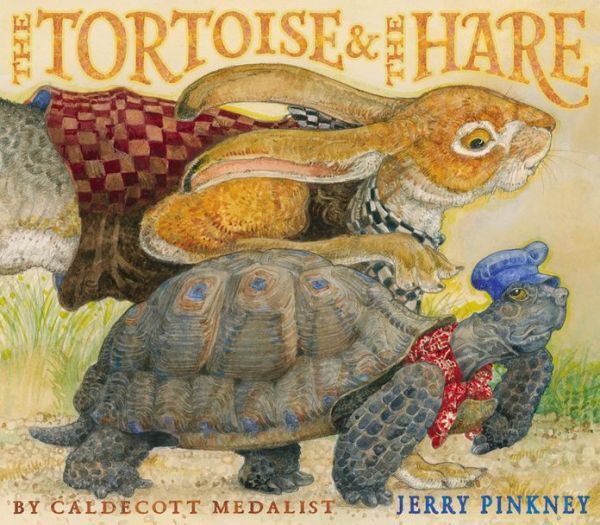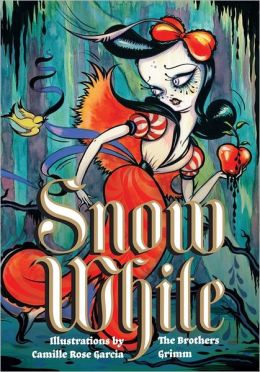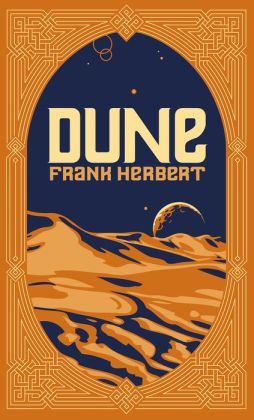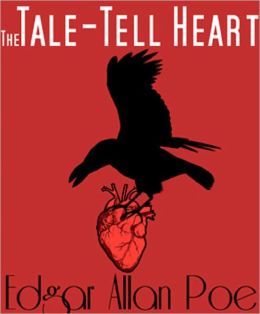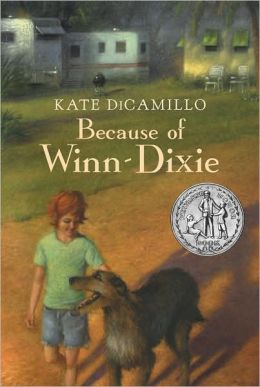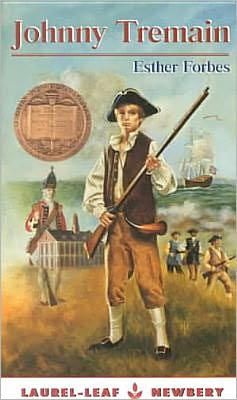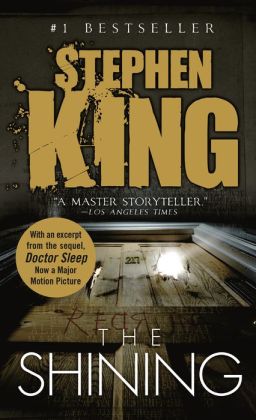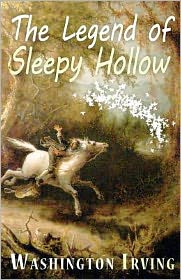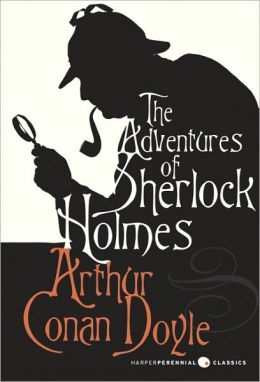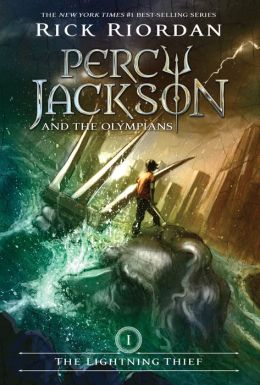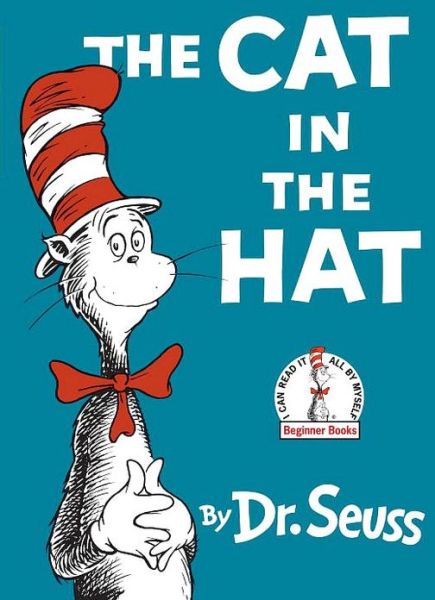 |
| Image courtesy of Keerati FreeDigitalPhotos.net |
A few months ago, I started to notice that I was becoming numb. I don’t mean physically numb, but rather, emotionally. Although mentally and intellectually, I knew I should be feeling certain things, those feelings just weren’t present. I felt disconnected instead, like someone had flipped my emotion switch to the off position. It wasn’t the first time this had happened, but I was usually in a bad place when it happened in the past.
I’ve made quite a few changes in my life over the last three years and it has not always been easy, but the struggle has been well worth it. After several setbacks in my journey through life, I’ve finally gotten myself back on track and have made great strides, especially in the last year. So I should be happy; things are looking up now. While I am not unhappy, I am not happy either; I’m simply, unfulfilled. Why? Because I am an impatient person and I focus more on the target that has yet to be reached, rather than the progress that has been made towards reaching that target. Where most people are encouraged when their dreams begin to take focus over the horizon, just beyond their reach, I become disheartened because I can’t reach out and grab them.
Knowing this about myself, I have been striving to learn to be more patient, to appreciate the journey that will eventually get me to my destination, to stop and smell the roses once in a while. I’ve always tried to focus on the positive in any situation, but impatience superseded positivity every time. I think it is this constant struggle that finally “broke” me and left me in an emotional limbo, unable to feel anything at all.
With this numbness, came the inability to write. I wanted to write more than anything, but I would just sit there, staring at the words on my screen, unable to connect with them. Looking for a trigger, I tried everything I could think of to evoke some emotion. I watched movies and listened to music, but nothing seemed to help.
 |
| Image courtesy of digital art FreeDigitalPhotos.net |
And then something happened. I’m not quite sure what the catalyst was, but I felt something, other than numbness. It was like a dam bursting. Everything that had been bottled up for months, now flowing so freely and fiercely, that it couldn’t be ignored; my emotions so open and raw, changing so fast, I felt like I might be bipolar.
In the midst of all this renewed emotion, I came across someone, that for some inexplicable reason, arouses within me a feeling of inspiration. I don’t know this person personally, although, I see them from time to time. It’s an odd feeling, having a complete stranger be your muse. On the one hand, you want to get to know them, but on the other, fear of breaking the spell makes you keep your distance. After this brief encounter, I walked away feeling the urge to write. I didn’t have any idea what I would write, I just had the feeling that I needed to get back to work.
 |
| Image courtesy of Feelart FreeDigitalPhotos.net |
The next day, I woke up and even though my immediate reaction was to close my eyes and go back to sleep, I had too many ideas running through my head. Grabbing my idea book, I started jotting them down. The next thing I knew, an hour had passed and I’d written several pages. Am I writing steadily again? Not quite, but the fact that I am writing at all is a good feeling. So to whatever brought down the dam blocking my emotions and to my living, breathing muse, thank you for making me feel again.



